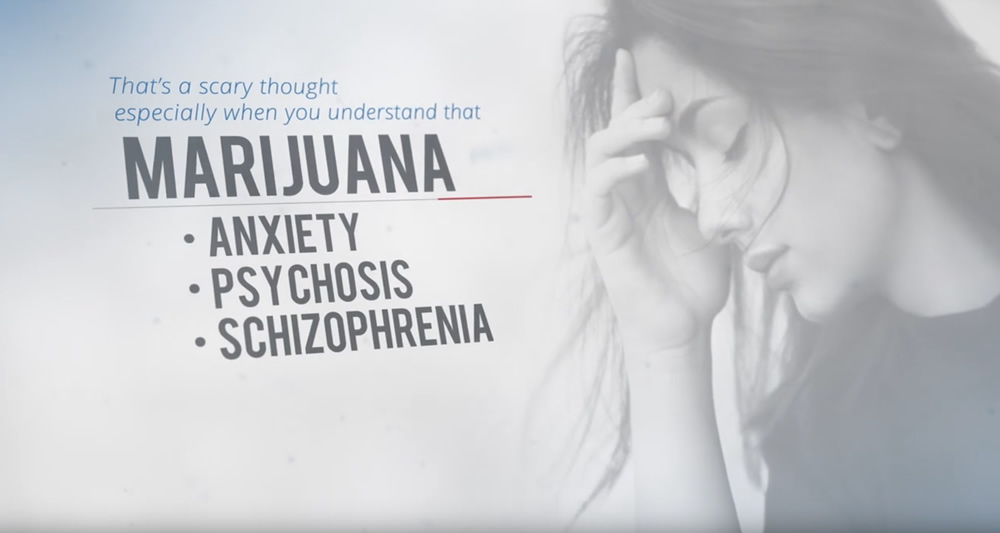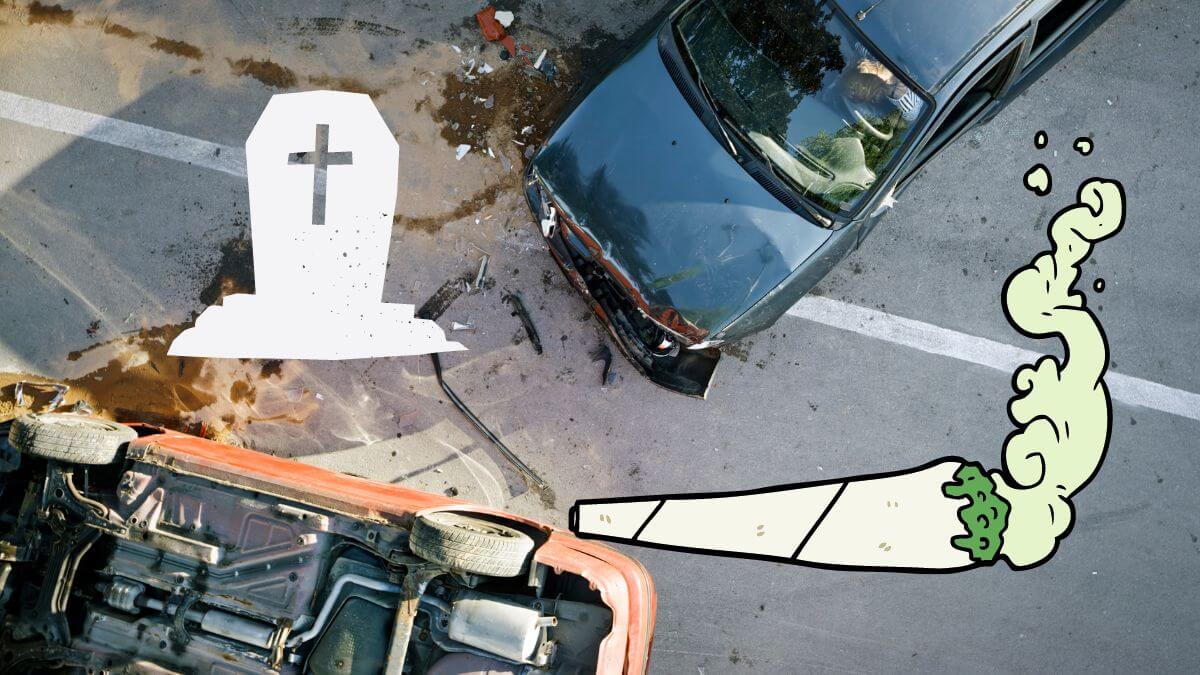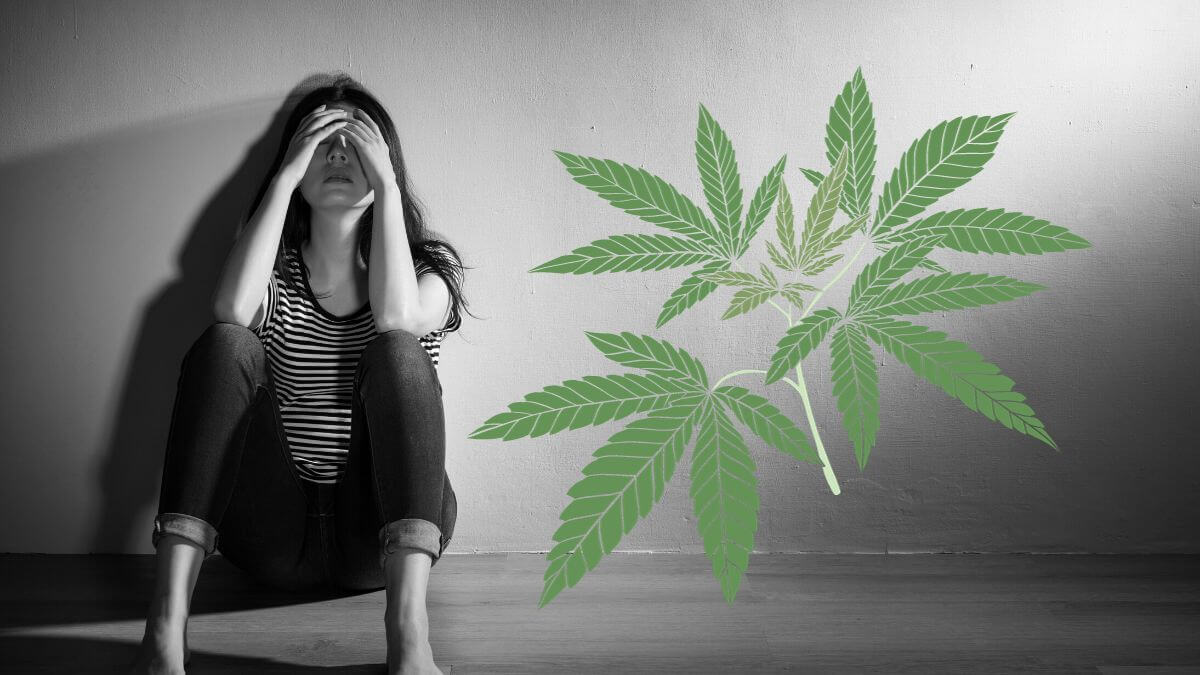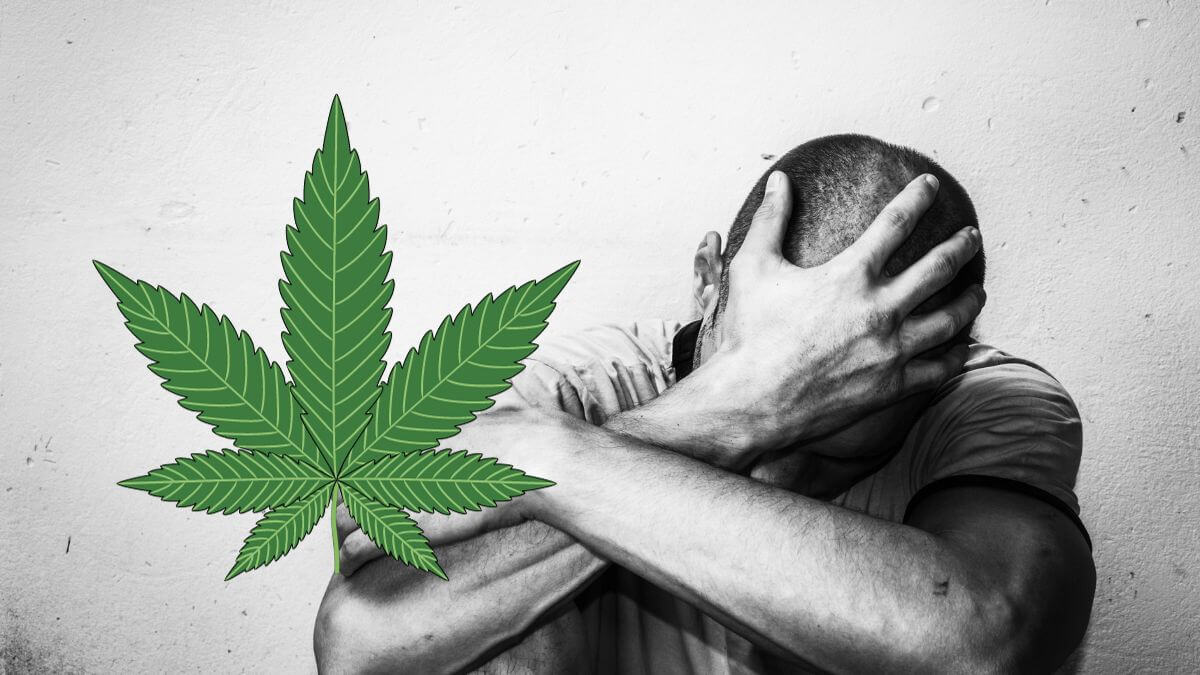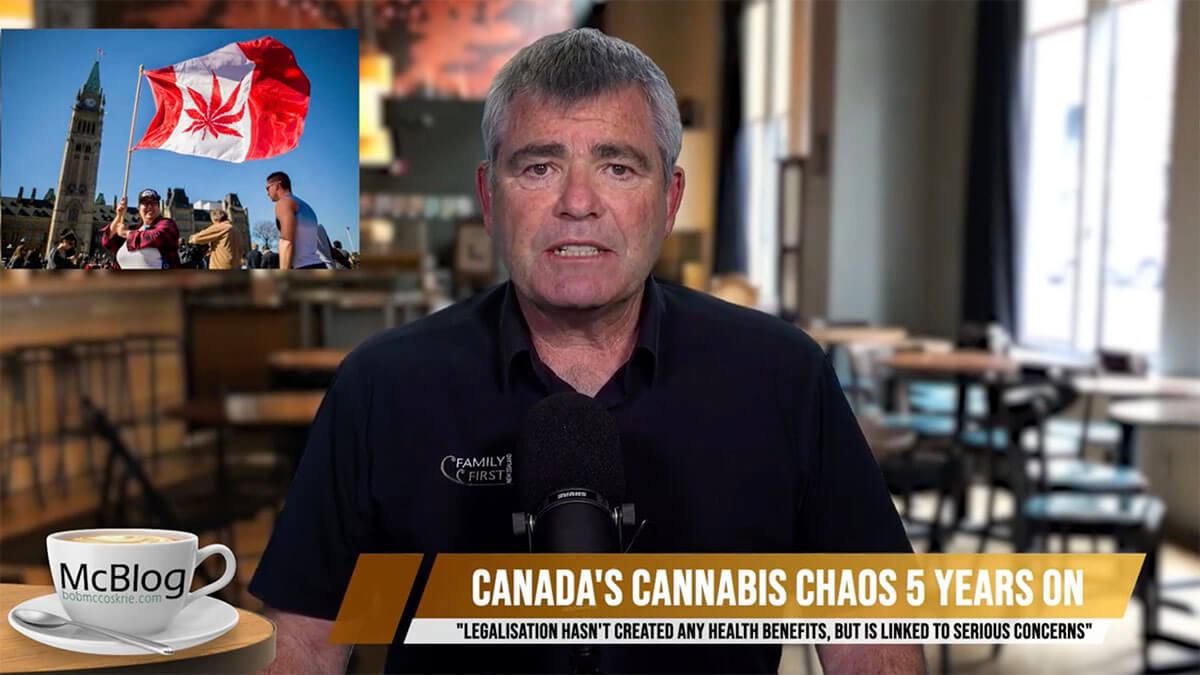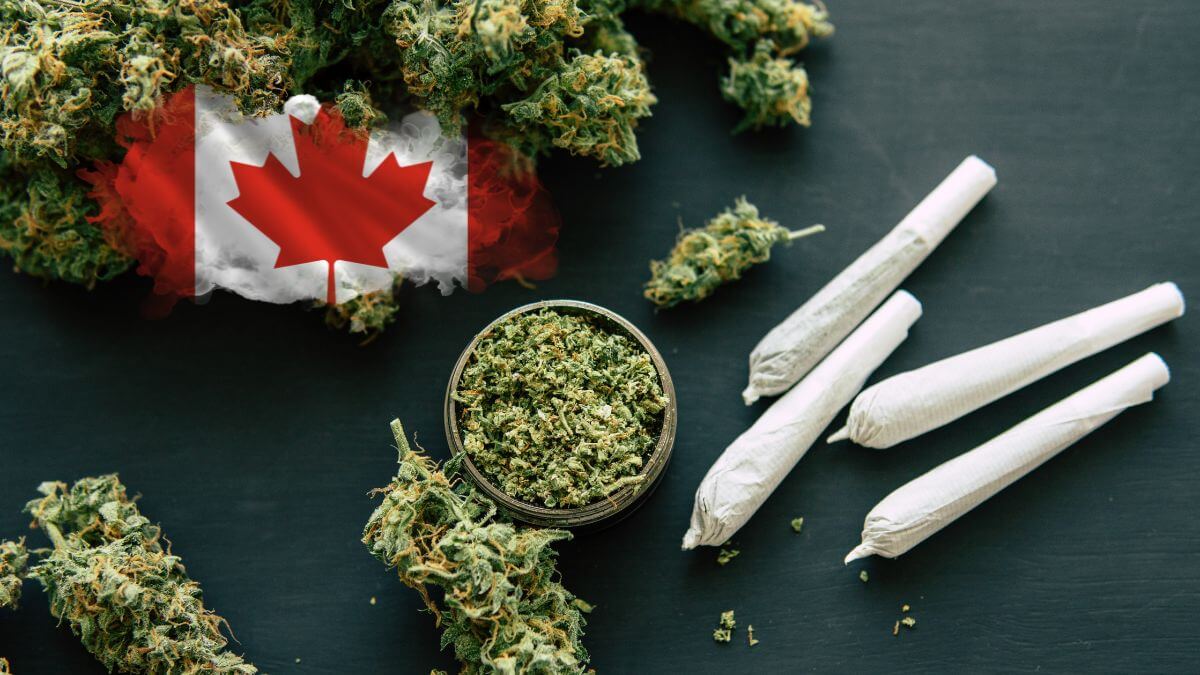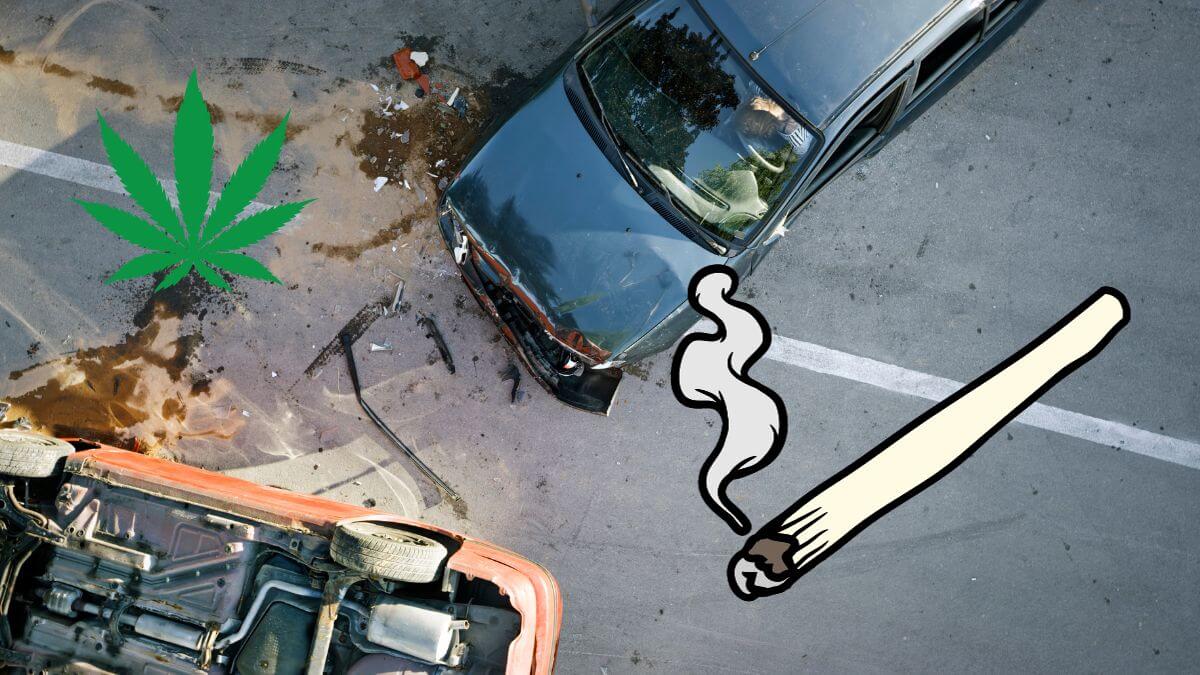The pro drugs crowd are back. They’ve been silently sulking for the past 4 years since losing the cannabis referendum despite significant support from the media – and it’s not that they’ve stopped sulking, but they’re just trying new things to try and suck in the public. But it’s the same crowd
According to a Newshub report – and interestingly it was only Newshub that reported this…
More than 150 experts have signed an open letter to the Government calling for the legalisation of all drugs in New Zealand. Harm Reduction Coalition Aotearoa (HRCA) presented the letter on Tuesday, calling on Prime Minister Christopher Luxon to end drug prohibition and legalise all drugs. The letter includes 155 signatures from experts in drug policy and criminology including professors, academics, researchers, clinicians and health professionals.
Founding member of HRCA Wendy Allison was instrumental in bringing drug checking to New Zealand.
HRCA chair Lachlan Akers added to the statement, saying a new drug law would “benefit our society as a whole”.
So let’s have a look at the letter
Harm Reduction Coalition Aotearoa… seeks a new fit-for-purpose drug law for Aotearoa New Zealand, rooted in science, experience and evidence, to promote harm reduction and protect human rights….
Ah there’s your immediate red flag. Human rights. The right to use drugs. The right to get addicted. The right to use and grow drugs around families and children.
Founded by a diverse, non-partisan, (yeah right) independent group with a wealth of expertise in drug policy and practice, HRCA boasts a membership of over 50 individuals and six organisations, including; the Drugs Health and Development Project (DHDP), the Drug Injecting Services Canterbury (DISC), Aotearoa Drug Information Outreach (ADIO), Know Your Stuff (KYSNZ), Students for Sensible Drug Policy Aotearoa (SSDP) and HIT UK.
Okaaaaay. Drugs Health and Development Project – according to their website – funded to prevent the spread of HIV/AIDS and other blood borne viruses amongst injecting drug users (IDU). They offer a wide range of services including a needle exchange and drug checking. DHDP is run by people who have a practical knowledge of issues that affect injecting drug users. I bet. Only 221 followers on their facebook page fortunately.
Drug Injecting Services Canterbury – enough said.
Aotearoa Drug Information Outreach – same stuff as DHDP that we just mentioned.
We are a peer-based organisation with peer workers who have lived experience of injecting drug use. All our staff are non-judgemental and here to help. We neither condemn nor condone the use of drugs and respect where you are on your journey. Our needle exchange service is completely confidential and anonymous.
Know Your Stuff – the drug testing crowd set up by the Drug Foundation – encourage drug use and try and persuade people that somehow drug use can be safe if we test some of them to make sure the illegal drug is actually an illegal drug – and then you can use it.
Students for Sensible Drug Policy Aotearoa – they’re a club at Otago University
HIT UK – never heard of them. Not NZ. But I did check their website –
one of their featured publications was A Guide to Safer Injecting – A step-by-step guide to reducing the risks of injecting street heroin and the specific risks of preparing, sharing and injecting drugs.
Basically they’re just like the Drug Foundation in NZ. Ignore the law. Here’s how to do drugs “safer”.
So the so-called coalition is kinda like the hard core group who sit off to the side and most people stay clear of them cause they’re just not that friendly. That’s what this coalition is like. The misfits.
Now on their website they feature an anthropologist and drug use expert goes over the reasons for full drug legalization and regulation.
Sheesh – there’s some wacky logic there. P is all good if you’re not poor and there’s no stigma and the police weren’t so violent – which they’re not of course.
Back to the Newshub article, it starts with “The letter includes 155 signatures from experts in drug policy and criminology including professors, academics, researchers, clinicians and health professionals.”
So I don’t know about you but that sounds like 155 “experts” in the drug field in NZ. But further down, right near the very end it admits
Signatures include those from eight professors, 31 doctors, 29 organisations and supported by experts from 14 countries across North America, South America, South Africa, Europe and Australasia.
Oh – so its 155 minus the experts from 14 countries – so it’s 141 drug experts from NZ.
But when you look at the full list of signatories, it gets real funny – and I suspect that the organisers might have prepared the list on the 20 April. In the US, 4/20 is a date that both marijuana smokers and non-smokers recognize as a national holiday for cannabis culture.
Of the organisations, only 10 out of the 29 are NZ organisations – so a 1/3rd. In fact, there are them are American – and you know what they say about NZ groups importing culture wars from the US – so scrub those 3 eh.
And one of the groups is Student Christian Movement Aotearoa
Hadn’t heard of them Now I know why. I didn’t want to.
Here’s a couple of events they’ve hosted
And this might explain why you haven’t heard of them
we seek to be welcoming to all, especially people marginalised by sexuality, ability, gender, health, or ethnicity. We are a rainbow-affirming community
And they’re big on decolonising their faith and seeking a progressive Christianity – better talk to all the Pasifika and churches full of different ethnicities about that “decolonisation”. Those multi-ethnic churches throughout the country obviously didn’t get the memo from SCMA.
Let’s be charitable tho. SCMA are clearly NOT experts in drug policy or criminology.
Of the 8 professors, only 2 are from NZ. One is from that terrible America country – and Joe Boden is not only a well known pro-drug advocate being used by Jacinda Ardern to push the yes vote on the so-called expert panel, but – shock horror – he’s American.
And then there’s the Doctors. Now this is pretty shrewd. They’ve grouped medical doctors with PhDs – the 2 groups are very very different.
But only 21 of the 31 are from NZ.
I did check a couple – one was a doctor in transport policy and electric vehicles, (Helen Fitt), a phd on food sovereignty, (Isa Pearl Rotchie), phd in welding (jez Weston), data engineer,
But only 2 maybe 3 max were medical doctors. The rest are academics.
So – of the 155 signatories that we started with, there are 2 professors from NZ, 10 organisations only, maybe 2 medical doctors.
And then in the list of 155, only 93 individuals are from NZ. And 29 of the signatories are the organisations that these people belong to. How do I know? It says KnowYourStuff – but Wendy Allison the boss’s name is also in the list. Prof Elizabeth Stanley from the Institute of Criminology at Waikato Uni is listed, and the Institute of Criminology at Waikato Uni is also listed.
I think that’s called double dipping.
Now just before we totally mock this open letter off the stage, I thought I would just check a couple of signatories who are experts.
Ok here’s one. He’s a protestor who turns up to Parliament a lot. An expert – in protesting.
Another has just graduated with a Bachelor of Creative Media Production at. Massey University. An expert – in making films
One is a PhD student in Gender Studies who is researching post-prison experiences. So not a drug expert.
One is doing a PhD in how self-identifying gender diverse Māori practice embodiment and relate to their bodies in contemporary Aotearoa.
One has a Bachelor of Communication so not a drug expert
There was even a signatory who’s a computer expert and was found guilty of causing unnecessary danger to the Mt Cook Airlines flight as it approached Wellington Airport by shining a green laser into the cockpit of a plane – this was in 2008. So that’s an expert in – stupidity?
So the takeaway from all this is that while the majority of NZers recognise the harm of drugs and voted against legalising cannabis back in 2020 – thank goodness – there is still a few activists who will get some media coverage that you should just take with a grain of salt.
But Newshub could have done this research before printing and promoting the Open Letter.
They didn’t. And sadly, that’s why their trust levels are plummeting.



